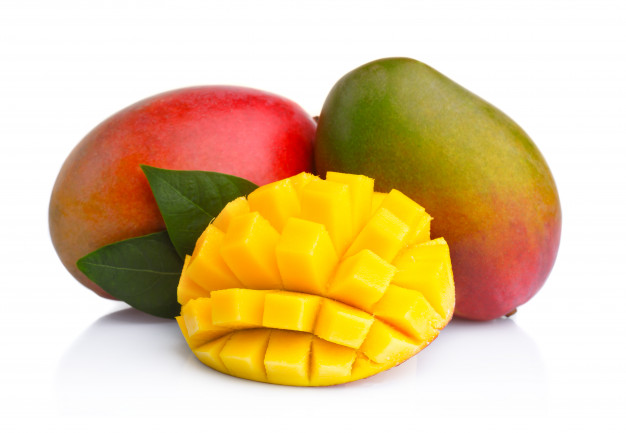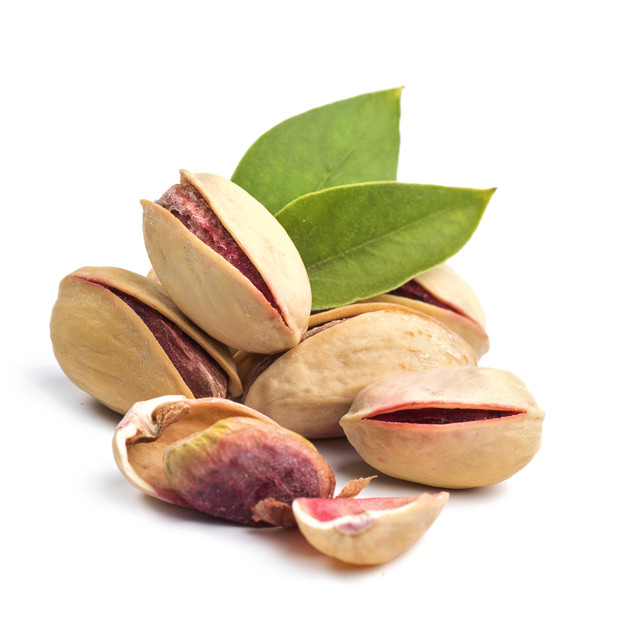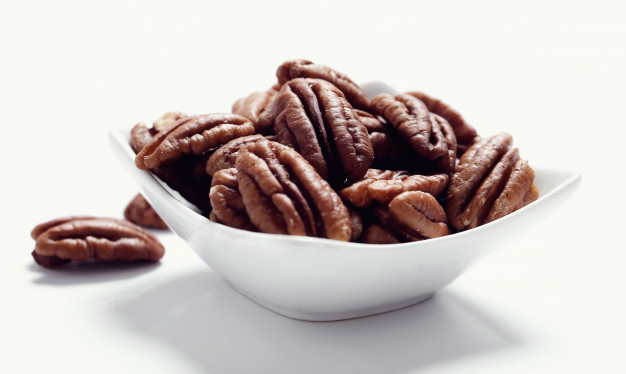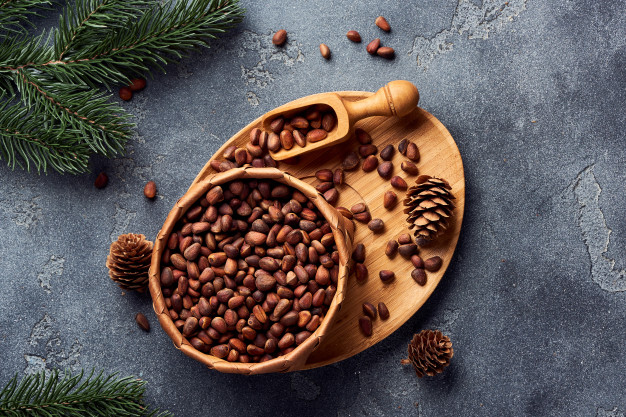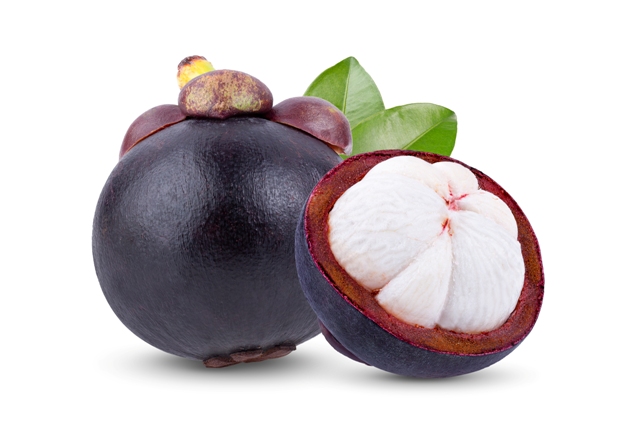Mango is considered as the king of fruit, which belongs to Mangifera genus. It has delicious taste and great nutritional potentials.
Nutritional profile
- It contains desirable amount of carbohydrates and dietary fibres
- It also contains less amount of protein
- It contains very trace amount of fat
- It contains numerous micronutrients like Vitamin A, Vitamin E, Vitamin K, Vitamin C, Vitamin B1, B2, B3, B5, B6, B9, copper, calcium, iron, zinc and potassium
- It also contains various important biologically active compounds, which include mangiferin, anthocyanins, kaempferol, catechins, quercetin, benzoic acid and rhamnetin
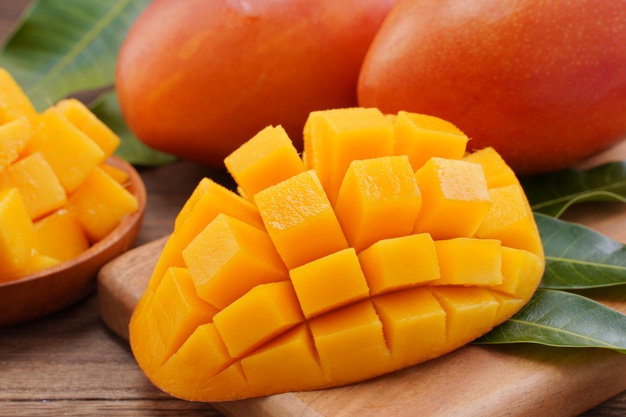
Biological property
Antioxidant property
- Mango is such a fruit, which is packed with phenolic compounds especially polyphenols, which act as potent antioxidant
- Vitamin contents of mango are also responsible for exerting antioxidant activities
- It helps to protect the body from free radical induced oxidative damages
Anti-carcinogenic property
- Polyphenols of mango especially mangiferin exerts potent anti-carcinogenic activities that help to decrease the concentration of carcinogens within body and reduces the susceptibility of cancers
- It helps to destroy cancerous cells by regulating apoptosis and cellular proliferation
- It is very effective for reducing the prevalence of leukemia, prostate, colon, breast and lung cancer

Anti-inflammatory property
- Extract of mango peel and seed kernel is incredibly helpful for inhibiting inflammation
- It is associated with reducing the concentration of inflammatory mediators within body that helps to reduce swelling, pain and inflammation
Aphrodisiac property
- Mango is considered as aphrodisiac fruit that helps to increase libido
- Its Vitamin E content is responsible for enhancing virility among males
- It also helps to regulate sex hormones
Health benefits
Role on immunity
- Vitamin contents of mango especially Vitamin A and Vitamin C are accountable for enhancing the overall immunological responses of the body
- It helps to decrease the susceptibility of developing communicable as well as non communicable diseases by increasing body’s resistant power
- It also helps to prevent normal cold and flu
Role on digestive health
- It contains several enzymes hence its consumption is closely associated with promoting digestion
- It is mainly rich in amylase that helps in carbohydrate digestion
- Mango flesh contains prebiotic dietary fibre, which helps to improve gut health by promoting the growth of intestinal beneficial microbes
- It also helps to prevent constipation as it contains significant amount of fibre and water that make the defecation process easy
- Its polyphenol content plays significant role in preventing diarrhoea as well as constipation

Role on vision
- Its beta-carotene and Vitamin A contents are responsible for improving vision
- It helps to protect the cornea from oxidative and inflammatory damages
- Its lutein and zeaxanthin components are considered as the chief carotenoids, which are accountable for promoting eye health and eye sight
- It also helps to reduce the prevalence of eye disorders
- Cryptoxanthin is another important carotenoid found in mango, plays significant role in reducing the risk of developing macular degeneration
- Its consumption is also very effective for reducing the prevalence of dry eye and night blindness
Role on nervous system
- It helps to promote brain health as it provides adequate amount of Vitamin B6
- It also helps to promote brain functionality by protecting every nerve cells from oxidative damages
- It helps to improve memory and cognition
- It is also associated with enhancing the ability of concentrating on specific object
Role on weight management
- Though mango contains significant amount of carbohydrate hence its consumption is associated with producing enough calorie but it also helps in weight reduction. It has seen that mango peel shows significant effect in preventing obesity by inhibiting adipogenesis (synthesis of fat cell)
- Phytochemical components, present in mango skin are also accountable for facilitating weight reduction as they act as effective fat busters
- Its fibre content helps in weight reduction too as it helps to reduce calorie consumption by decreasing appetite

Role on hepatic health
- Consumption of mango is very useful for enhancing liver functions
- It is better to consume unripe mango as it significantly reduces the susceptibility of developing hepatic disorders
- Its cholesterol lowering effect is also related with decreasing the prevalence of fatty liver disorder as it helps to inhibit fatty infiltration and hepatic cell necrosis
Role on skin
- Vitamin C and Vitamin A contents of mango play significant role in promoting skin health
- It also enhances skin elasticity by promoting collagen synthesis
- Polyphenolic compounds of mango exert potent antioxidant activities, which are associated with protecting the skin from oxidative damages and prevent ageing
- Consumption of mango is very helpful for eliminating dead pores from skin
- It helps to protect the skin from the harmful effects of UV radiation
- It helps to increase skin glow as well
- It is also very effective for combating wrinkles and sagging
Role on hair
- It helps to promote hair growth
- Mango helps to synthesize sebum that plays significant role in moisturizing the scalp, which helps to make the hair healthy
- Silica component of mango is also responsible for promoting hair growth and it helps to prevent hair loss as well

Role on prenatal health
- Mango contains various important vitamins and minerals, which play significant role in enhancing prenatal health status
- It is better to consume mango in moderate amount during gestation as it helps to promote the growth and development of the baby
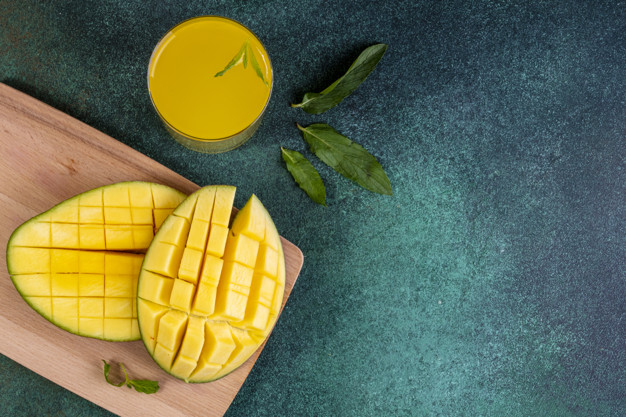
Therapeutic advantages
- It is used as an effective preventive measure for cardio vascular diseases
- It also helps to decrease the concentration of LDL, VLDL in body whereas improves HDL concentration that ultimately helps to inhibit the prevalence of atherosclerosis
- It is very effective for decreasing the risk of developing iron deficiency anaemia as it provides significant amount of iron
- Consumption of mango helps to promote general wellness
- It also helps to reduce depression and anxiety
Recent findings
- Recent studies have shown that waste of mango like its peel and seeds can also be utilized as they have strong nutritional as well as functional properties. They are rich in antioxidant and polyphenolic components, which have profound health benefits. Preparation of food powder using mango seed and peel and their consumption has profound nutritional potential (Torres-León et al., 2016)
- Mango karnel is a waste product of mango, which is basically available after extracting the juice from it. Mango karnel and mango karnel oil are significantly rich in various nutrients like vitamins, minerals, macronutrients, phenolic acids, flavonoids, quercetin, catechin and anthocyanins, which are responsible for showing anti-carcinogenic, antioxidant and anti-inflammatory activities. They are also well utilized by food industries for preparing various healthy food products like mango kernel flour, mango kernel butter etc. They are also used for biofilm production (Mwaurah et al., 2020)

General consideration of using mango
- It can be consumed with smoothie
- It can also be added with salsa before consumption
- It can be consumed with other fruits
- It can also be consumed with salads
Risk factors
Over consumption of mango is not wise for health as it causes various health complications like obesity, hyperglycemia, diarrhoea and stomach upset. So it is better to consume it in moderate amount.
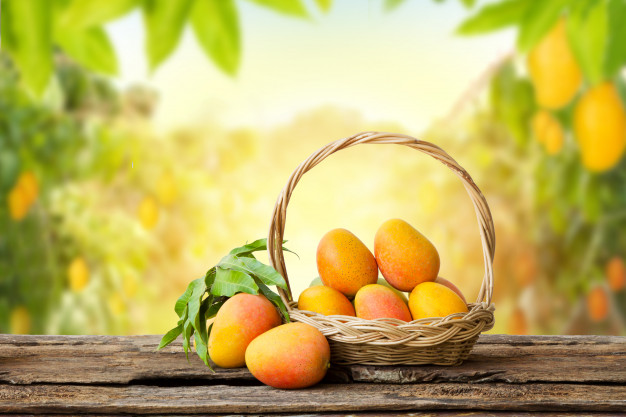
Source:
Asif, A., Farooq, U., Akram, K., Hayat, Z., Shafi, A., Sarfraz, F., Sidhu, M.A.I., Rehman, H.U. and Aftab, S., 2016. Therapeutic potentials of bioactive compounds from mango fruit wastes. Trends in Food Science & Technology, 53, pp.102-112.
Burton-Freeman, B.M., Sandhu, A.K. and Edirisinghe, I., 2017. Mangos and their bioactive components: Adding variety to the fruit plate for health. Food & function, 8(9), pp.3010-3032.
Gondi, M. and Rao, U.P., 2017. Bioactive molecules and health benefits of mango peel. From cultivation to consumption and health benefits, p.59.
Mwaurah, P.W., Kumar, S., Kumar, N., Panghal, A., Attkan, A.K., Singh, V.K. and Garg, M.K., 2020. Physicochemical characteristics, bioactive compounds and industrial applications of mango kernel and its products: A review. Comprehensive Reviews in Food Science and Food Safety, 19(5), pp.2421-2446.
Stohs, S.J., Swaroop, A., Moriyama, H., Bagchi, M., Ahmad, T. and Bagchi, D., 2018. A Review on Antioxidant, Anti-Inflammatory and Gastroprotective Abilities of Mango (Magnifera indica) Leaf Extract and Mangiferin. J. Nutr. Health Sci, 5, p.303.
Swaroop, A., Bagchi, M., Moriyama, H. and Bagchi, D., 2018. Health Benefits of mango (Mangifera indica L.) and mangiferin. Jpn J Med, 1(2), pp.149-154.
Torres-León, C., Rojas, R., Contreras-Esquivel, J.C., Serna-Cock, L., Belmares-Cerda, R.E. and Aguilar, C.N., 2016. Mango seed: Functional and nutritional properties. Trends in Food Science & Technology, 55, pp.109-117.
